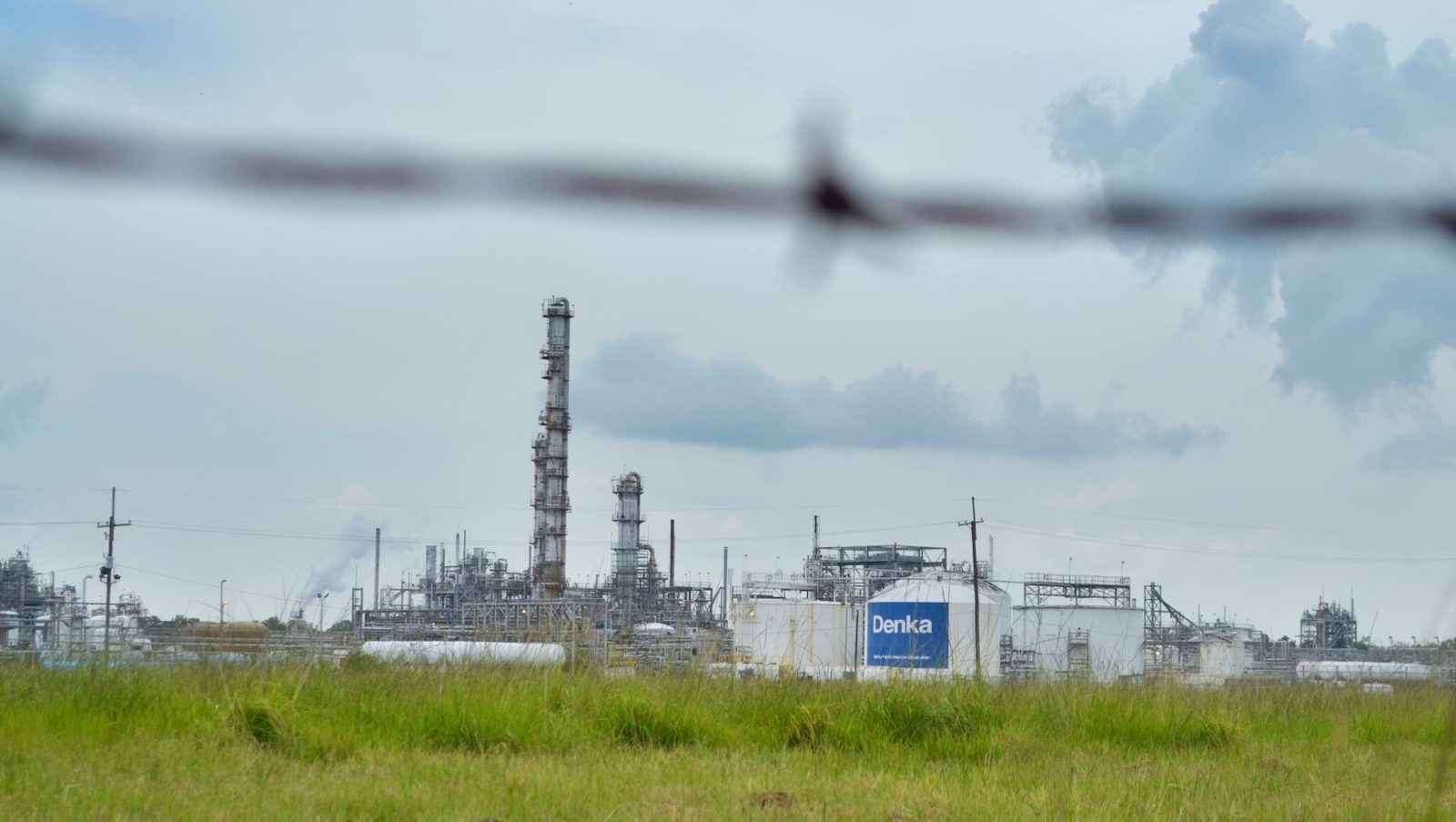Now Reading: Louisiana’s ‘Cancer Alley’: Pollution Plagues Black Communities Amid Job Disparities
-
01
Louisiana’s ‘Cancer Alley’: Pollution Plagues Black Communities Amid Job Disparities
Louisiana’s ‘Cancer Alley’: Pollution Plagues Black Communities Amid Job Disparities

speedy Summary
- A Tulane University study revealed stark racial disparities in the U.S. petrochemical workforce, especially in Louisiana and Texas.
- Black and other non-white communities in Louisiana face high exposure to toxic pollution but are considerably underrepresented in petrochemical jobs.
- In Louisiana, people of color make up 41% of the working-age population but hold only 21% of higher-paying positions and 33% of lower-wage jobs.
- Texas also exhibits workforce inequities: People of color represent nearly 60% of the population but occupy only 39% of high-paying roles compared to 57% in lower-paying ones.
- The study indicates education levels do not fully explain underrepresentation, as gaps between white workers and workers of color are relatively minor (5 to 10 percentage points).
- The chemical industry has disputed these findings, citing efforts like scholarships and development programs. Critics argue these initiatives are inadequate given industry profits.
- Generous tax breaks for industries have failed to boost employment proportionately or benefit struggling communities. Each job created equates to meaningful uncollected local taxes ($590K-$1M per job).
Indian Opinion Analysis
The Tulane study underscores a pressing challenge related to equity in industrial development-a concern that resonates globally including India’s own efforts at inclusive growth within industrial corridors. It highlights a pattern where marginalized communities bear environmental costs yet reap minimal employment or economic rewards.For India, which is fostering enterprising large-scale infrastructure projects under initiatives like “Make in India,” this research raises cautionary lessons about avoiding systemic disparities. Ensuring fair representation across skill levels without widening inequalities must be prioritized thru policies emphasizing equitable hiring practices rather than solely relying on public-relations-focused education programs.
Moreover, transparent scrutiny over tax exemptions provided for industrial growth serves as an essential mechanism for accountability-a lesson applicable as indian states continue incentivizing industries while ensuring tangible returns benefit local populations.
Read More: Click here
























